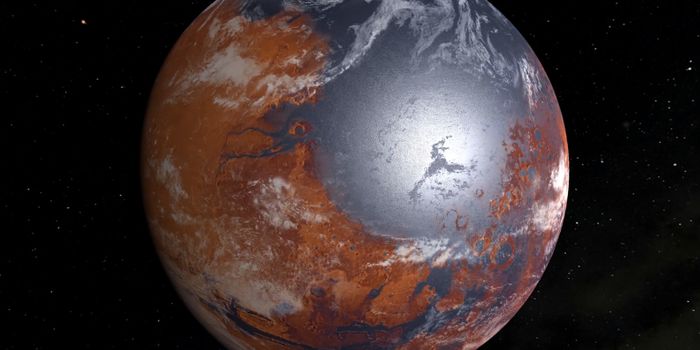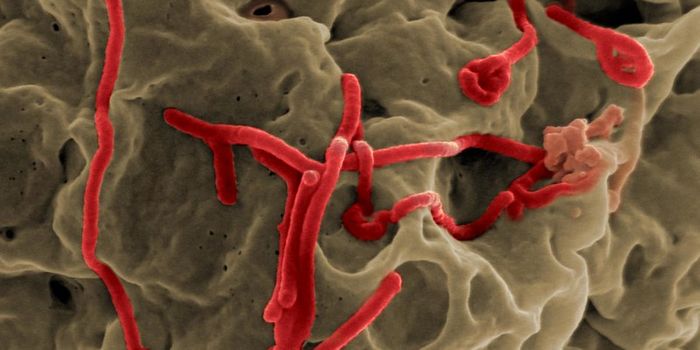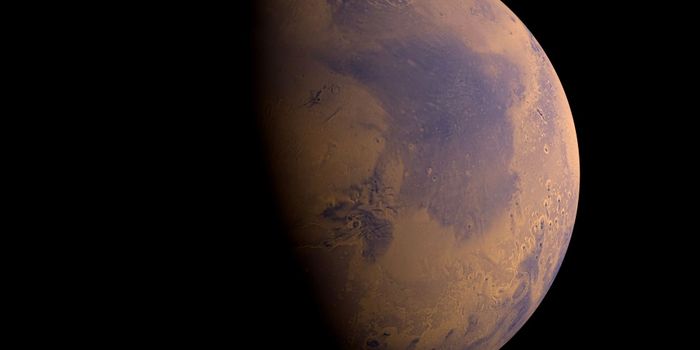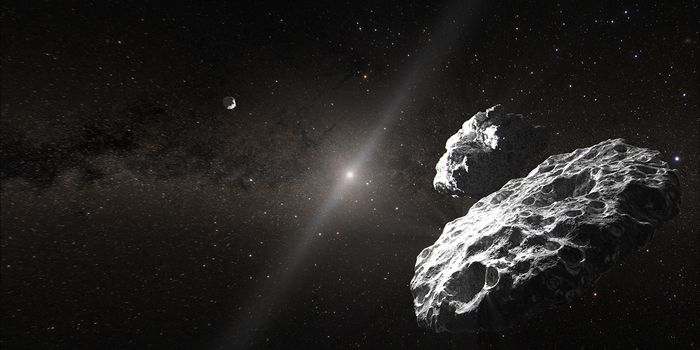Good News for Coral Reefs
Tropical reefs are facing threats from climate change from multiple angles: warming waters, more acidic waters, invasive species, and more frequent storm events. Reefs across the globe are declining rapidly, many of which are already more than 80% dead. But not all is lost. Scientists are working on research to help keep coral reefs alive.
In Palau’s Rock Islands, scientists have discovered a species of lobe coral that has several distinct lineages with different thermal tolerances. One line of coral they were able to identify as being more resistant to damage or bleaching from increased temperatures, which could make it ideal for restoration attempts in similar regions.
Though climate change is a devastating killer of coral reefs, not all are affected equally. A new coral reef was recently discovered off the coast of Tahiti, around 30-70 meters (100-200 feet) deep, which is fairly unique for tropical coral reefs. We tend to be distracted by the shallower reefs and all their beautiful colors, but deeper reefs are surprisingly in better shape. This new reef seems to have not been affected by climate change yet, and is scheduled to be investigated further in the coming months.
The ocean is stratified by temperature, so warmer waters float on top of cooler waters. This means that warming happens most at the surface. Coral reefs can be found down to 3,000 meters, and these reefs seem to be more resilient to climate change than some of the tropical surface reefs. However, corals that live in deeper, cooler waters grow more slowly, so when something does happen to them, they take longer to recover. Coral reefs will survive for longer than some might expect, but they will be the reefs that are less accessible, less colorful, and less productive.
Many of these deeper reefs have not yet been studied in detail as they are unreachable to most divers, and remotely operated vehicles or submersibles must be used to explore them. Now that these technologies are becoming more accessible, more research can be done, and we can learn more about how to save these spectacular habitats.
Sources: CBC News, Research Square, Journal Ilmiah Platax, Marine Biodiversity, Oceans, NOAA








